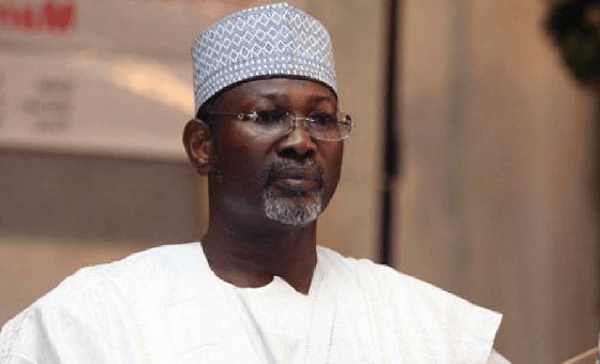By Abdallah el-Kurebe
The Global Cassava Partnership for the 21st Century (GCP21) has called on policy makers, donors and the international community to support all efforts that would bring about cassava transformation in Africa.
Made ahead of the international conference on cassava, the call is coming at a time when cassava is becoming central to food security of over 600 million people in the developing world and has become the fourth most important crop after maize, wheat and rice.
Presenting the upcoming conference on cassava to donors and the international community in Cotonou on Thursday, the Director of GCP21, Dr Claude Fauquet said that the productivity of cassava was low in spite of its role in Africa’s food security.
“Despite the key role cassava is playing in Africa’s food security, its productivity has remained low (about 9 tons per hectare), keeping the growers in the trap of poverty. When compared to Asia, cassava productivity in that continent is more than 21 tons per ha—a situation that gives Asia competitive advantage in global cassava trade. Addressing the yield gap requires more funding for cassava research and development (R&D) from all stakeholders, if the world wants to help farmers towards ending hunger and poverty in Africa,” Fauquet said.
He noted that the conference with the theme: Cassava Transformation in Africa, which will hold between 11th and 15th June, 2018 in Cotonou, Republic of Benin, is one of the ways the GCP21 was contributing for the transformation of the root crop.
While calling for the participation of all stakeholders, Fauquet emphasized that the conference would provide a unique opportunity for donors, investors and policy makers to see and access the latest innovations and discoveries in the cassava sector.
Hosting the press conference, the French Ambassador to the Republic of Benin, H.E. Veronique Brumeaux said the conference was timely and would go a long way in addressing the constraints of cassava production while at the same time proffering opportunities for investors and farmers alike to harness new innovations from the research community.
The Benin Republic’s Minister of Agriculture, Livestock and Fisheries, H.E. Dossouhoui Cossi Gaston underscored the importance of cassava to Benin and Africa in general. He said that the importance of cassava would continue to increase as its consumption per capita was high and the root crop is resilient to climate change.
Also, the Minister of Higher Education, H.E. Mme Attanasso Marie-Odile said that Benin was proud to host the conference, noting that cassava’s development and transformation would offer opportunities for youth engagement which the country and other African countries.
At the press conference were representatives of the embassies of France, United Kingdom, Belgium, Switzerland, Brazil, Holland, Germany, Japan, Canada, United States, and European Union. Others were representatives of development agencies: AfDB, USAID, JICA, GIZ, AFD, EU, UNDP, and FAO.
This year’s conference is being organised by GCP21, in collaboration with the International Center for Tropical Agriculture (CIAT), International Institute of Tropical Agriculture (IITA), National Institute of Agricultural Research of Benin (INRAB), Faculte des Sciences Agronomique – Universite Abomey-Calavi (FAS-AUC).
Other supporting institutions are: The Economic Community of West African States (ECOWAS), the African Development Bank (AfDB); Forum for Agricultural Research in Africa (FARA), the West and Central African Council for Agricultural Research (WECARD), Bill & Melinda Gates Foundation (BMGF), CGIAR Research Program on Roots, Tubers and Bananas (RTB), International Center for Agricultural Development (CIRAD), and the Institute for Research & Development (IRD).




